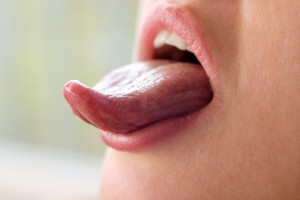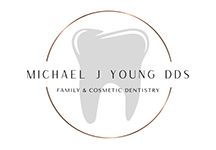 Taste is the weakest of the five senses, but it’s responsible for distinguishing between sour lemons, sweet chocolate, and salty popcorn. Keeping your mouth healthy will keep your sense of taste strong, but other conditions can impair your taste. Dr. Young can help clean your mouth so you can enjoy your favorite flavors.
Taste is the weakest of the five senses, but it’s responsible for distinguishing between sour lemons, sweet chocolate, and salty popcorn. Keeping your mouth healthy will keep your sense of taste strong, but other conditions can impair your taste. Dr. Young can help clean your mouth so you can enjoy your favorite flavors.
How You Taste
When you look at your tongue, you’ll notice lots of tiny bumps on the surface. These bumps are called papillae, and they contain tiny nerve endings called your taste buds. Your taste buds have small hair-like structures called microvilli. When you eat, the microvilli send messages to your brain to help you detect the flavor. Your tongue has about 10,000 taste buds, but about 10 percent are also located inside your cheeks and along the roof of your mouth.
Loss of Taste
Heat, cold, smoking, spicy foods, and infections can damage your taste buds. When the nerve endings are damaged, they can’t properly detect flavors. Dry mouth, gum disease, and other dental problems can also contribute to a blocked sense of taste. Additionally, as you get older, your taste buds weaken and your sense of taste diminishes. Fortunately, taste buds are healed and replaced every two weeks to help restore a strong sensation of flavor.
The Role of Your Nose
You may think that your nose only helps you smell your favorite dishes, but it also helps you taste. You’ve probably noticed that when you’re sick, your sense of taste is dull and bland. You have olfactory receptors inside your nose that help you smell. These sensors send messages to your brain to help you combine the scent with the taste of the food. Well, when you’re congested, you can’t smell clearly, so your olfactory sensors can’t tell your brain how the food smells.
If you notice a prolonged bad taste in your mouth, or any unusual changes on your tongue, visit Dr. Young to assess your problem. Contact our dentist office in Lafayette, Louisiana at (337) 237-6453 to schedule an appointment.

